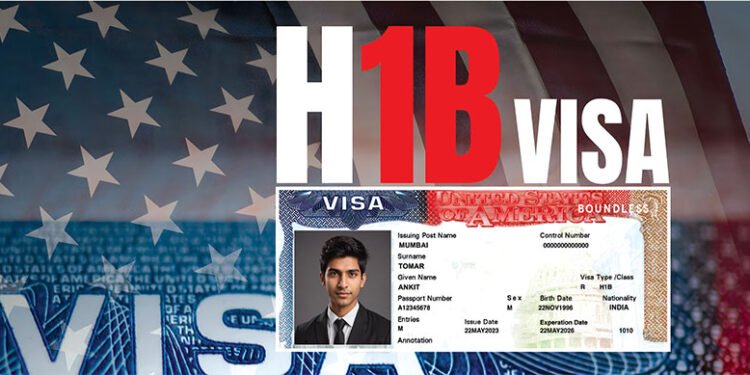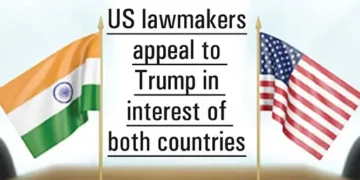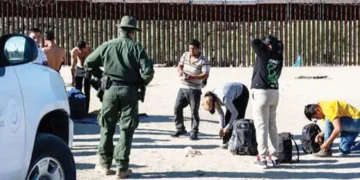Blitz Bureau
NEW DELHI: THE Supreme Court on October 14 declined to take up a petition challenging the regulation that allows families of H-1B visa holders—known as H-4 dependents—to work in the United States, Bloomberg Law reported.
An H-4 visa is issued to the dependent spouse or child of an H-1B visa holder. Before 2015, H-4 holders were not allowed to work in the United States. Many of them—often highly qualified professionals—were unable to build careers or support their families financially while waiting years for permanent residency.
The 2015 policy introduced the H-4 Employment Authorisation Document (EAD), which allowed eligible spouses of H-1B professionals to take up jobs. The move helped families cope with long green card delays and made the US more appealing to skilled workers, according to a Business Standard report.
The legal challenge was filed by Save Jobs USA, a group representing American technology workers who say they have been displaced by foreign labour. The organisation argued that federal immigration law bars dependent visa holders from working in the country.
In its petition, the group said, “DHS reversed its earlier interpretation with the H-4 Rule and began allowing certain spouses of H-1B nonimmigrant workers to be employed, despite no such directive in the statute.”
The Trump administration sought to tighten access to foreign worker visas, particularly in the technology sector, which relies heavily on skilled professionals from India and China. It also proposed steep filing fees for employers using the H-1B route. Last month, Donald Trump suggested a new $100,000 fee for each H-1B employee hired by a company.
The Department of Homeland Security (DHS) is now reviewing the visa programme and could consider limiting H-4 work permits as part of broader changes.
The court’s move is a major relief for thousands of H-4 visa holders, most of whom are Indian spouses of H-1B professionals. They can continue living and working in the United States without the fear of losing employment rights.
































